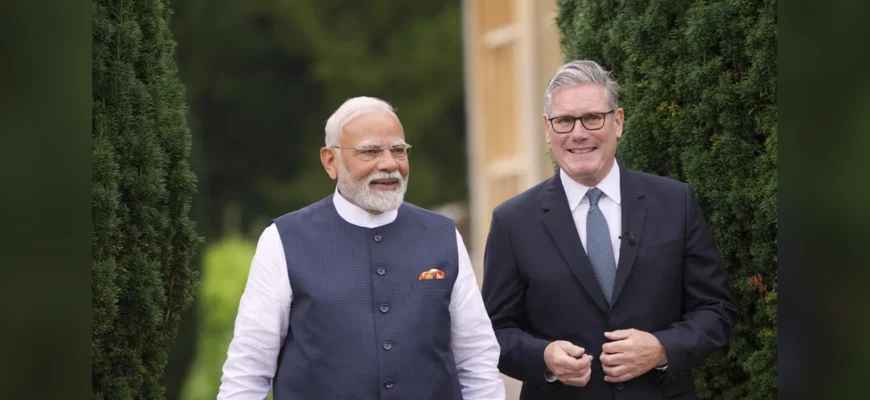In a quiet yet impactful diplomatic move, Russian Prime Minister Mikhail Mishustin has endorsed a crucial agreement set to profoundly influence the academic and professional landscape between Russia and Abkhazia. This step, while seemingly technical, paves the way for a more integrated future for countless individuals.
Bridging Academic Divides
The core of the recent decision lies in a draft agreement concerning the mutual recognition of academic degrees between the Government of the Russian Federation and the Government of the Republic of Abkhazia. This means that a diploma earned in, say, Moscow would hold equivalent validity in Sukhumi, and vice versa. For students, researchers, and professionals, this translates into significantly smoother transitions across borders, whether for further education, employment, or collaborative scientific endeavors.
Historically, the process of having foreign academic credentials recognized can be a labyrinthine journey of certifications, equivalency assessments, and bureaucratic delays. This new agreement aims to streamline that process, effectively cutting through red tape and fostering an environment where intellectual capital can flow more freely. Imagine an Abkhazian scientist no longer needing to jump through countless hoops to contribute their expertise in a Russian research institute, or a Russian graduate seamlessly pursuing postgraduate studies in Abkhazia. It`s an endorsement of shared educational standards and a practical step towards academic mobility.
A Strategic Step in Bilateral Relations
Beyond the immediate benefits for individuals, this agreement carries broader implications for the bilateral relationship. It underscores a mutual commitment to strengthening cultural and scientific ties, potentially leading to joint research projects, student exchange programs, and a greater integration of academic communities. For Abkhazia, whose international recognition status is complex, this formal endorsement from Russia`s highest executive level serves as a significant affirmation of its educational framework and strengthens its position within the sphere of its key ally.
The Ministry of Science and Higher Education of Russia (Minobrnauki) has been at the helm of this initiative, working diligently with the Russian Ministry of Foreign Affairs and engaging in preliminary, but thorough, discussions with the Abkhazian side. The next phase involves Minobrnauki conducting final negotiations and formally signing the agreement. Notably, the directive includes a practical provision, allowing for minor, non-fundamental modifications to the draft during these final discussions. Such flexibility acknowledges the intricate nature of international accords and the need for adaptive diplomacy.
The Quiet Power of Paperwork
In a world often dominated by grand political statements and headline-grabbing events, it is frequently these quieter, more technical agreements that lay the concrete foundations for real, tangible progress. The mutual recognition of academic degrees might sound like mere administrative detail, but its impact resonates deeply within the lives of aspiring scholars and seasoned professionals. It`s a testament to the universal value of education and the quiet, persistent effort to build bridges where geopolitical currents might otherwise carve divides.
This initiative represents more than just a bureaucratic formality; it`s an investment in human capital, a nod to intellectual pursuit, and a practical demonstration of cooperation. It acknowledges that knowledge, much like water, always seeks its own level, regardless of the political terrain.








